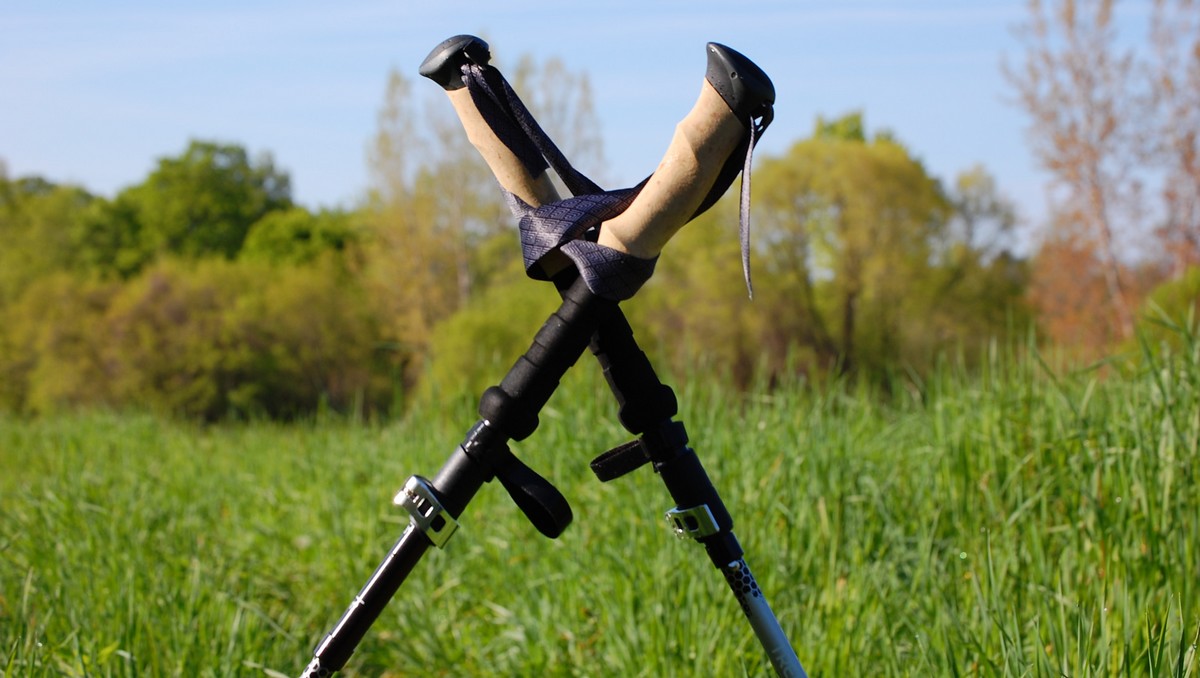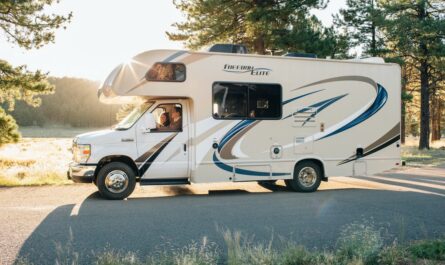Trekking poles are a very practical and beneficial development of our time. Often it is part of equipment for alpine hiking. A product that has proven itself in many areas of human health. And especially in terms of comfort when climbing long paved paths, but also unpaved ones.
- Maintain stability when walking
- Relieve hips and knees
- Contribute to a better walking rhythm
Quality trekking poles also have a range of other benefitssuch as improving breathing when walking. All this combined with a low weight and minimal size when folded. This practical helper is a must-have.
Basic division of sticks
Before we go into the details of trekking poles, we need to mention their basic classification. There are two types of trekking poles. Those designed for trekking are aimed specifically at longer routes and mountain trails. On the other hand, sticks for Nordic walking is aimed more at less demanding terrain.
Trekking poles in questions and answers
But let's discuss sticks of this type in detail. When choosing them, you have countless options depending on what you need them for. Fixed trekking poles are associated with proper durability and stability. Whereas telescopic poles win primarily for their storage capacity.
The length of the stick is, of course, an individual matter related to a person's physique. Generally, however, the formula used is club length equals 0.68 times a person's height.
The most affordable are aluminium poles. In terms of lower weight, duralumin and carbon are clearly leading the way, with duralumin and carbon also winning in terms of overall durability.
Yes, selected models have a suspension system using special springs.
At the bottom there is an end tip on which a shoe can be attached. Towards the top is a plate and at the top a handle with a loop.
A lot depends on the length of the sticks and the material used. The weight varies between 150 and 700 grams.



